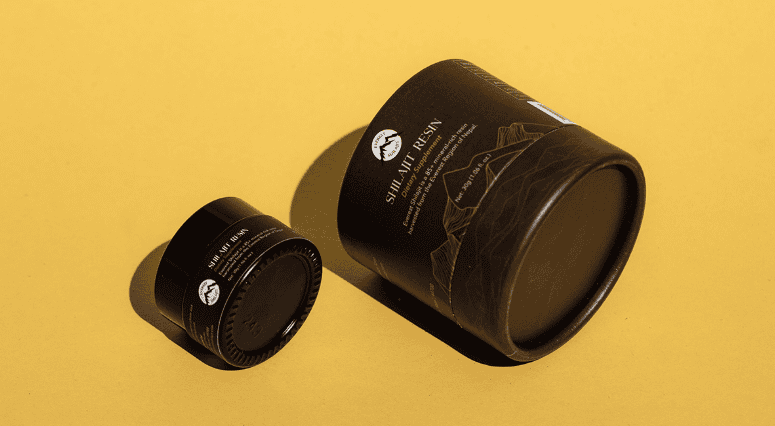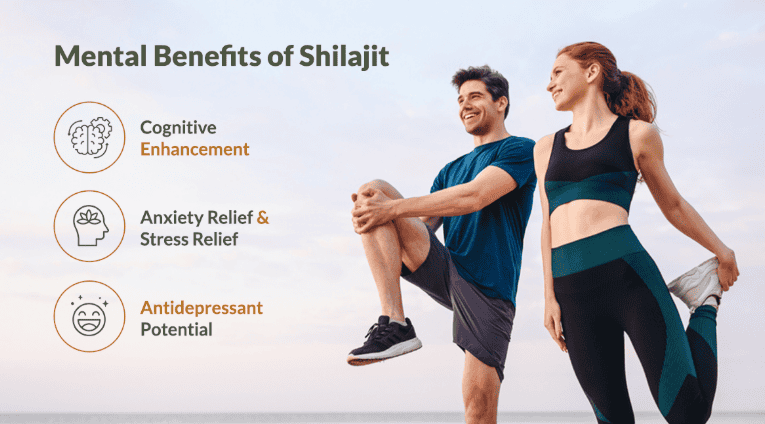During ancient times the concept of health was unknown, Medicine, Doctors and Pharmacies were not termed or coined. People believed in the spiritual aspects and it was common to blame Gods or evil for physical or mental illness. They believed physical illness was supernatural caused by displeased spirits, angry gods or curses of the ancestors.
The only way to heal was following rituals that included animal sacrifices, chanting spells and use of potions. Shamans were famous during the time and were only considered possible way to heal.
Here we are studying the use of the Mad Honey by the native Gurung ethnic group of Nepal.

What Is Mad Honey?
The honey produced by no other than the giant Himalayan Honey Bee, known scientifically as Apis Laboriosa is Mad Honey. In absence of flowering plants these bees are compelled to collect nectar from species of Rhododendron flowers as well as some other wild flowers containing natural neurotoxins known as Grayanotoxin.
This nectar containing Grayanotoxin is further processed and stored by the Giant Bees and is later harvested by Honey Hunters in the traditional way. Thus, harvested honey if ingested in large quantities can affect the Central nervous system and show neurotoxic effects.
This rare honey harvested from the wild has provided Gurungs with vitality, nutrition and a means of income. Thus, mad honey has been a significant gateway to Gurung’s shamanic practices of spiritual journey and ancient healing practices.
The Gurungs and Their Shamanic Tradition
Shamans in the Gurung community were most respected among elders as they were the spiritual leaders. The Shamans known locally as Pachyu or Bonpo in native Gurung Tribe were believed to have direct communication with ancestors, spirits and local deities. Hence they were consulted for spiritual healing and guidance as well. They performed special rituals during birth, marriage, religious ceremonies and death.
The Shamanic tradition is carried around the presence of Mad Honey, these Shamans microdosed people and altered consciousness. They put individuals into a state of trance, elevated energy levels by channelling the energy with the help of drums and chants.
The Gurungs believed shamans performed rituals to restore energy cycles, remove harmful thoughts and negative energies. These Shamans accessed the spiritual realm and assisted in the healing process.

How Shamans Healed Using Mad Honey Science
The shamans invoked healing frequencies or energies to heal the individuals with trauma or illness. Also in some cases they were found to perform rituals to transfer the illness from the patient to a symbolic object or animal which is then discarded or sacrificed to remove the negative energy. The mad honey played an active role in keeping the person’s belief that
they will heal instantly which created the placebo effect. Also, the spiritual cleansing helped remove trauma, grief and emotional distress which enhanced the overall wellness.
The Shamans had clear information about advantages of microdosing and neurotoxic effects that comes with overdosing. The patients had no other alternative rather than have faith on the shamans, although most illnesses were healed, there were times where the effects became even severe.
Modern Science have agreed with the therapeutic potential of Mad Honey and the practice of Shamans. The trance like state after consuming mad honey, drums and dance is often confined as neuroplasticity. This practice is supported by science as the alter in brainwave patterns, balancing the energy and was used for depression as well as PTSD.

Modern Challenges and Cultural Preservation
The present context of Mad Honey use for Shamanic healing practices is slowly fading with time. The emerging medical science has created dilution in the practice of Shamanic Healings of the Gurungs. Although there are several researches going around the Mad Honey and it’s potential health benefits the Shamanic culture of Mad Honey treatment is slowly getting lesser and lesser attention.
Although, the culture and rituals are still in practice among the Gurung community people are slowly turning towards the modern medicine. The improper practice of Shamanic rituals for every disease has lead to several deaths, education and atheism has further pushed that health alignments are separate from Spiritual aspects. The people clearly understand the illness is not because the gods are angry but by external and internal factors.
Conclusion
For the Gurungs the Mad Honey is not just ordinary honey harvested from the high cliffs of Nepal but a commodity and antiquity from the ancestors. The shamanic healing culture may be fading but we can’t deny the fact that these shamans knew the art of healing long before the modern medicine. The attention towards mad honey may be increasing with a steady incline in the demand for recreation purpose but there used to be time when it was used purely for healing purpose.




























